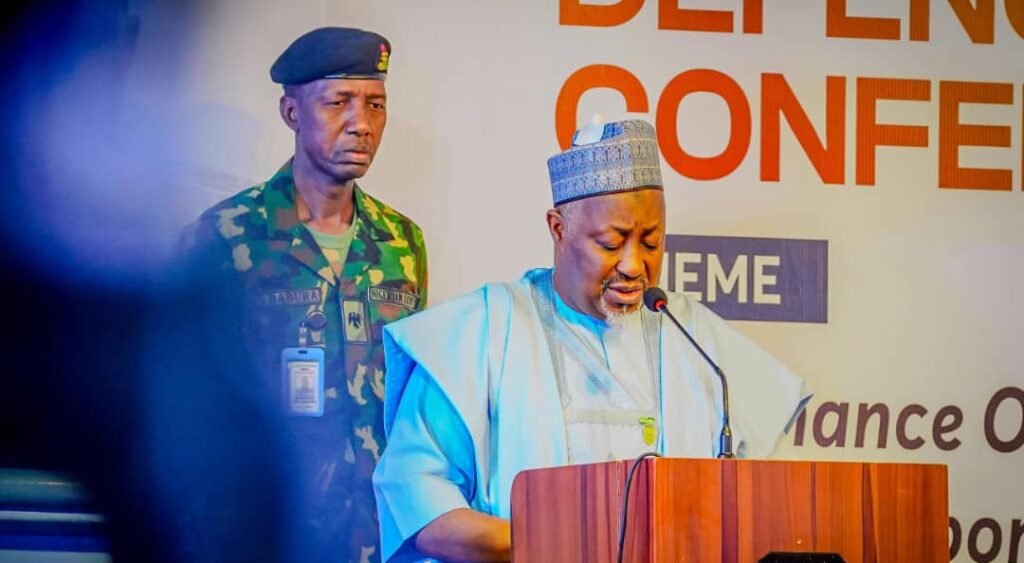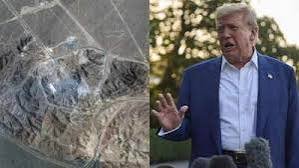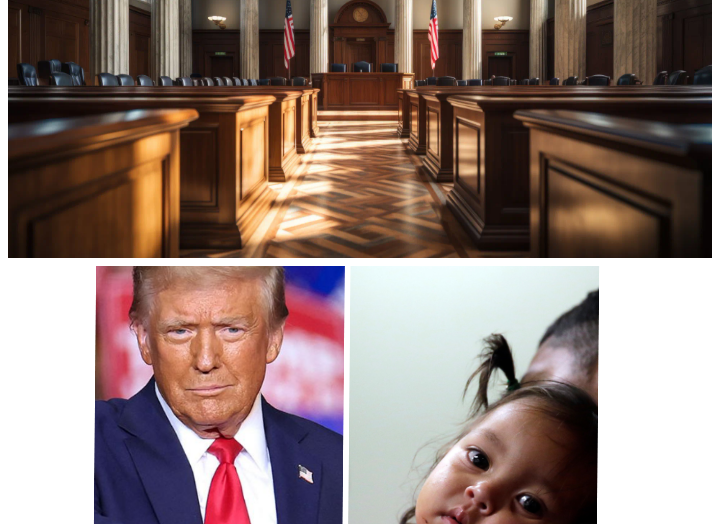US CONSIDERS EXPANDING TRAVEL BAN TO 36 NEW COUNTRIES, INCLUDING 25 AFRICAN NATIONS
The United States is reportedly considering expanding its travel ban to include citizens of 36 additional countries, with 25 African nations among those facing potential restrictions. According to a State Department memo reviewed by The Washington Post, countries such as Egypt and Djibouti, significant US partners, are included in the list. The memo identifies the countries facing scrutiny as: Angola, Antigua and Barbuda, Benin, Bhutan, Burkina Faso, Cabo Verde, Cambodia, Cameroon, Côte d’Ivoire, Democratic Republic of Congo, Djibouti, Dominica, Egypt, Ethiopia, Gabon, Gambia, Ghana, Kyrgyzstan, Liberia, Malawi, Mauritania, Niger, Nigeria, Saint Kitts and Nevis, Saint Lucia, Sao Tome and Principe, Senegal, South Sudan, Syria, Tanzania, Tonga, Tuvalu, Uganda, Vanuatu, Zambia, and Zimbabwe. A State Department spokesperson declined to comment on internal deliberations or communications, while the White House did not immediately respond to a request for comment. This potential expansion would mark another escalation in the Trump administration’s aggressive crackdown on immigration. The travel ban would reportedly be in addition to the existing restrictions imposed on 19 countries earlier this month, which include full entry bans on 12 nations and partial restrictions on 7 others. The new list of countries would be required to meet new benchmarks and requirements established by the State Department within 60 days, or face potential travel restrictions.




















































































































































































































































































































































































































































































































































































































































































































































































































































































































































































































































































































































































































































































































































































































































































































































































































































































































































































































































































































































































